In modern times, the power and impact of nuclear weapons have become a serious concern for global security. For several decades, efforts have been made worldwide to reduce this threat. The Japanese voluntary organization, 'Nihon Hidankyo,' was awarded the Nobel Peace Prize this year for its extraordinary efforts towards achieving the abolition of nuclear weapons. This organization has been actively working against nuclear weapons for the past eight decades, running various campaigns to fulfill this objective.
Nihon Hidankyo’s struggle is to bring to light the terrifying effects of nuclear bomb attacks on the world. The organization specifically represents those who survived the nuclear bombings of Hiroshima and Nagasaki, known as 'Hibakusha.' The organization serves as a voice for the victims, organizing seminars, exhibitions, and public appeals to tell the world about the horrific consequences of nuclear bombs. In addition, it also works to raise awareness about the prohibition of nuclear weapons.
Nihon Hidankyo’s work has proven to be an important step towards global nuclear disarmament in Japan and other countries. Furthermore, the organization raises its voice on the United Nations platform, emphasizing the need for peace and stability worldwide. Recently, as the Russia-Ukraine war has brought nuclear policies and international security to a new crossroads, the importance of Nihon Hidankyo’s actions has grown even more. Russian President Vladimir Putin has threatened the use of nuclear weapons, heightening global concerns. North Korea is also increasing its nuclear weapons capabilities, and the impact of this is felt globally.
In this context, Nihon Hidankyo’s role becomes even more critical as the organization has strived to make the world understand the destructive impact of nuclear weapons and the threats they pose to humanity. This organization is raising its voice not only in Japan but globally in favor of nuclear disarmament.
Although some people still question whether humanity’s destruction is possible only through nuclear attacks, it is undeniable that several other wars and conflicts around the world have claimed millions of lives. The Russia-Ukraine war is a proof of this, where thousands of innocent people have lost their lives due to the ongoing conflict. Similarly, conflicts in Syria, Libya, Yemen, and Afghanistan have resulted in the death of thousands. This raises the question of whether the devastation caused by nuclear attacks should be the only form of destruction considered, while the destruction of civilization is also happening as a result of conventional wars and bombings.
Nevertheless, it cannot be denied that the impact of nuclear weapons is profound. The devastation caused by the use of nuclear bombs is immeasurable. In this regard, the struggle of Nihon Hidankyo and the Hibakusha has become an inspiration not only for Japan but for the entire world. Today, when global nuclear competition is intensifying, their struggle teaches us that dialogue and compromise in the direction of peace and stability may be the most effective path.
At a time when the situation of war and violence is becoming more severe in many parts of the world, and the spread of nuclear weapons is increasing, it becomes essential to consider whether the establishment of peace is only possible through nuclear disarmament, or whether it can also be achieved through agreements and dialogue amid conventional weapons and wars.
Nihon Hidankyo’s work reminds us that peace is not only the absence of wars but is also possible through global cooperation, understanding, and dialogue. As nuclear policies of many countries become more aggressive, the contributions of organizations like Nihon Hidankyo become even more crucial. These organizations raise a powerful voice against nuclear weapons and guide the world towards a safe and peaceful future.
In conclusion, it can be said that the threat of nuclear weapons is not just from their use, but their production and proliferation are equally dangerous. From this perspective, the role of Hibakusha and organizations like Nihon Hidankyo is extremely important, as they advocate for peace and compromise instead of conflict and violence. At a time when war and weapons cast their shadow over the world, the work of such organizations becomes even more powerful and relevant.
In a world where nuclear weapons continue to hold sway over global peace and security, organizations like Nihon Hidankyo have made it their mission to not only advocate for disarmament but to raise awareness about the immense human and environmental cost of nuclear warfare. The Hibakusha, survivors of the nuclear bombings of Hiroshima and Nagasaki, have long been a symbol of the devastation wrought by these weapons. Their stories, often shared through exhibitions, public talks, and media campaigns, serve as stark reminders of the lasting scars left on both the individuals and communities affected by these bombs.
The Hibakusha's voices are particularly important in today’s geopolitical landscape, where threats of nuclear war are again becoming more pronounced. The ongoing tensions between nuclear-armed nations like the United States, Russia, China, and North Korea remind the world of the fragile nature of peace. In these contexts, the calls for dialogue and diplomacy become more urgent. Nihon Hidankyo’s advocacy for nuclear disarmament and its efforts to build global solidarity in this area are crucial in keeping the conversation alive on a global scale.
Nihon Hidankyo's influence extends beyond Japan’s borders. Their work is pivotal in global nuclear disarmament forums, particularly in the United Nations, where the risk of nuclear proliferation is an ongoing concern. They actively participate in campaigns that seek to hold nuclear-armed states accountable and push for international treaties aimed at reducing and ultimately eliminating nuclear arsenals. These efforts are crucial in light of the current nuclear arms race, where nations are increasingly prioritizing military superiority over diplomatic solutions.
The message of peace and security that Nihon Hidankyo advocates for is not merely a call for an end to nuclear weapons, but a broader plea for the promotion of non-violent conflict resolution strategies. As the organization emphasizes, the key to lasting peace lies not in the ability to destroy each other, but in the collective ability to find solutions through dialogue, mutual respect, and cooperation. In the face of ever-growing threats, this vision of peace remains as urgent as ever.
In an era where the prospect of nuclear conflict seems closer than it has been in decades, the role of peace organizations like Nihon Hidankyo becomes even more essential. Their work serves as a vital reminder of the high human cost of nuclear weapons, and their calls for dialogue, diplomacy, and disarmament offer a path forward. Through their continued advocacy, they provide hope for a future where the horrors of nuclear war are relegated to history, and the world can embrace a new era of peace and cooperation.
The stories of the Hibakusha and the efforts of Nihon Hidankyo resonate deeply with all who value human life and the future of our planet. They remind us that the struggle for peace is not just the responsibility of governments and political leaders but of all individuals who care about the world they leave behind. Their work is an enduring testament to the power of resilience, hope, and the unwavering belief in the possibility of a world free from the threat of nuclear annihilation.

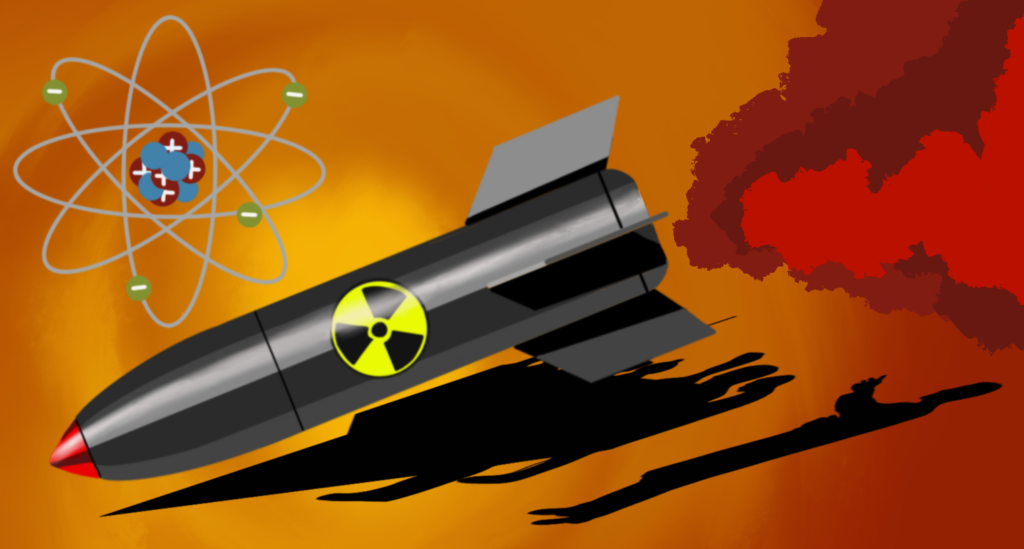













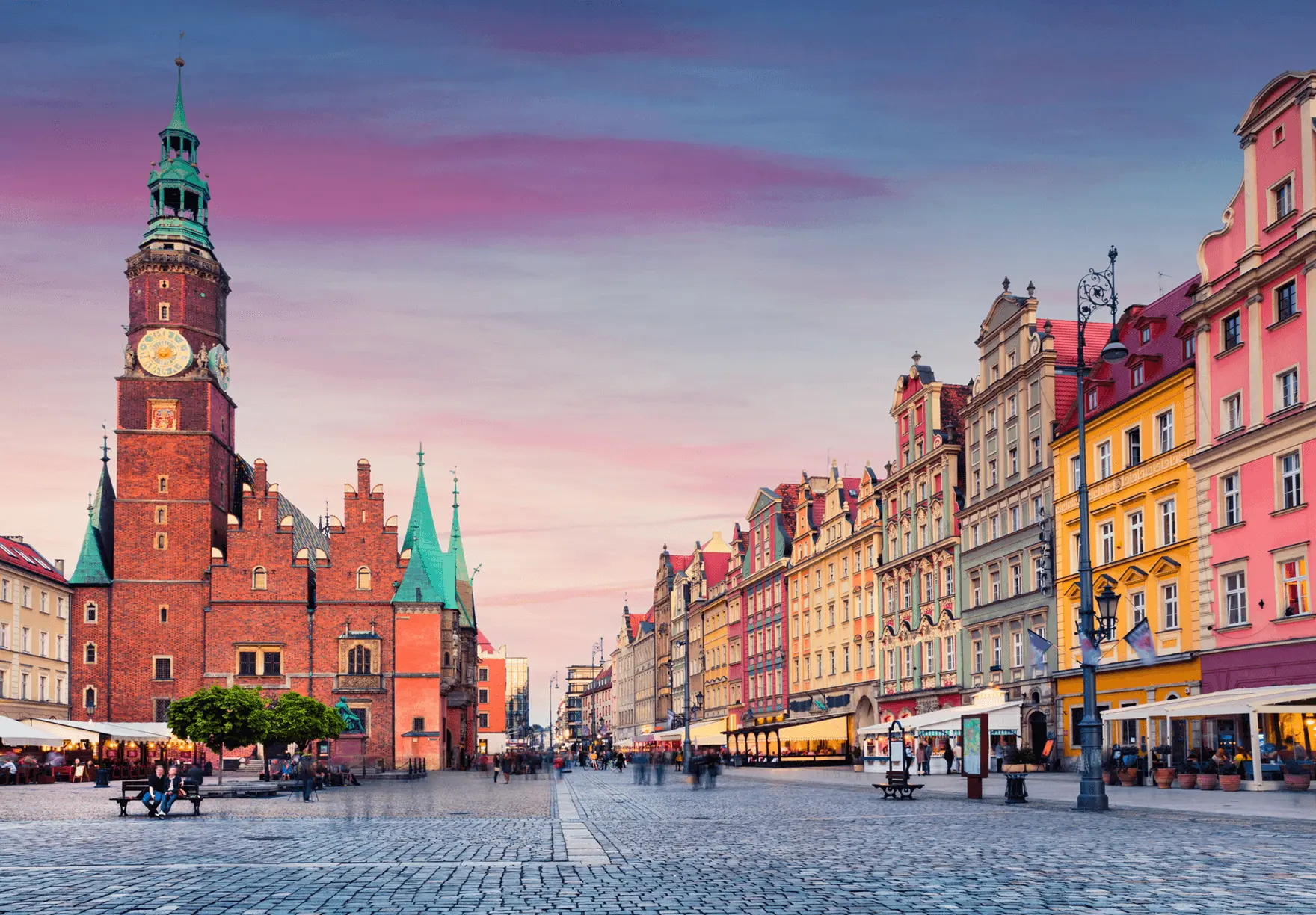




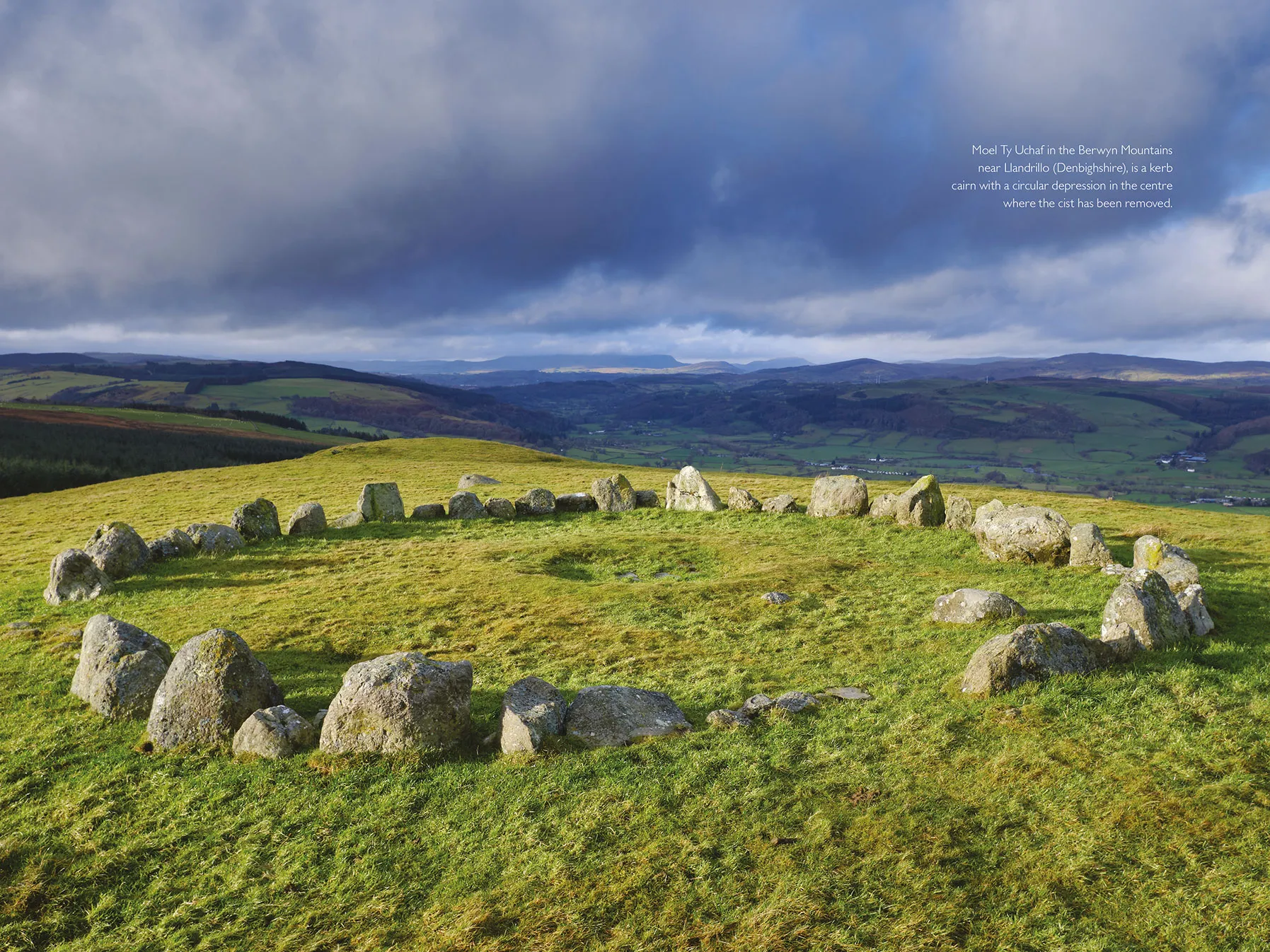
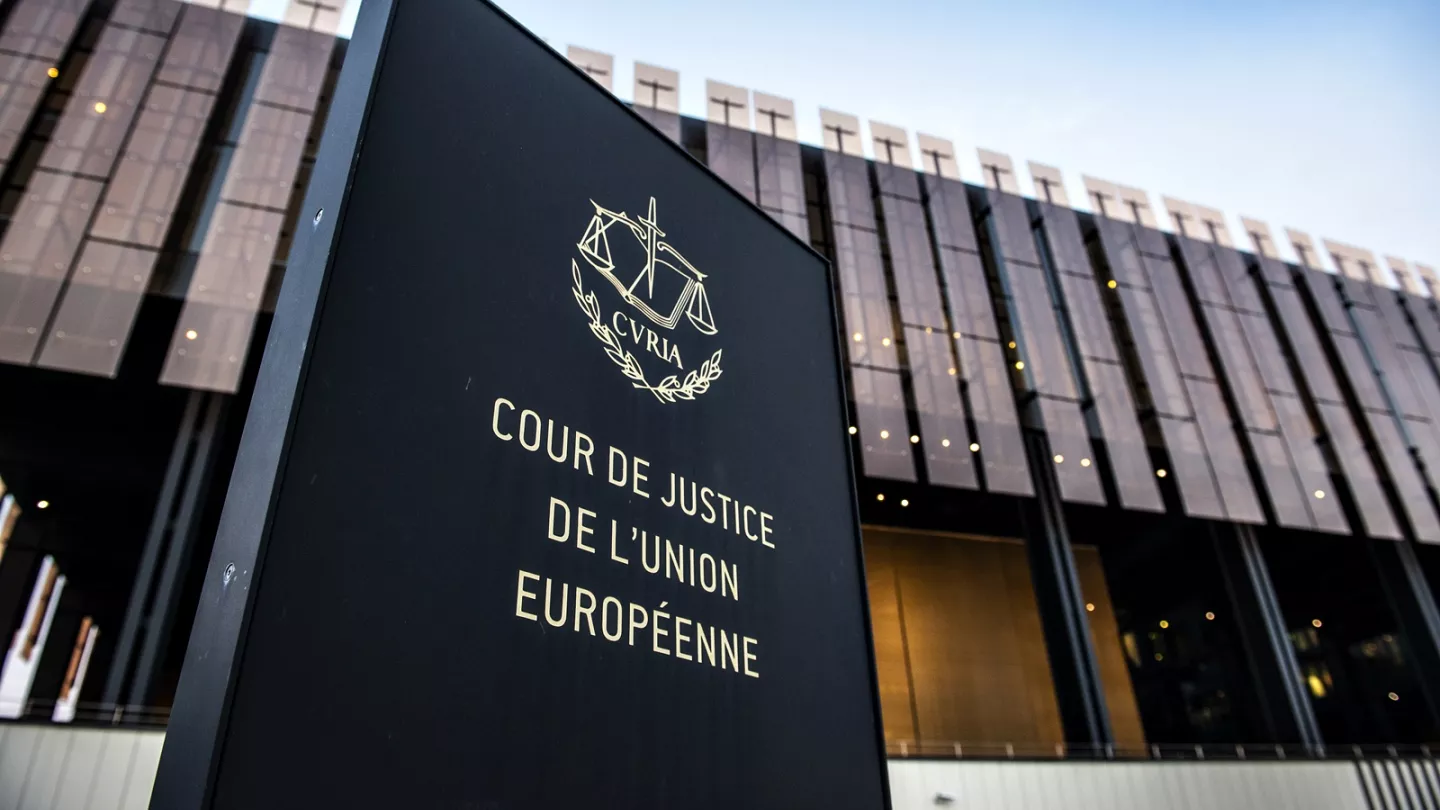

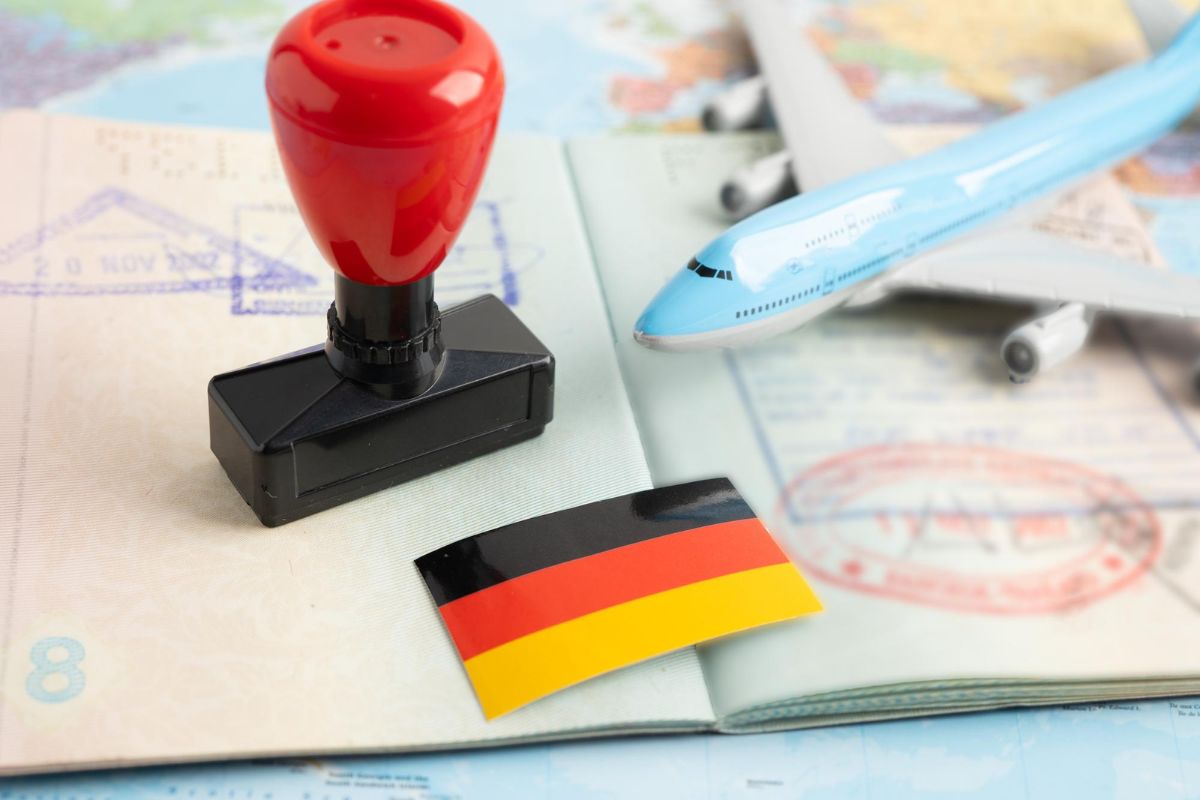
0 Comments